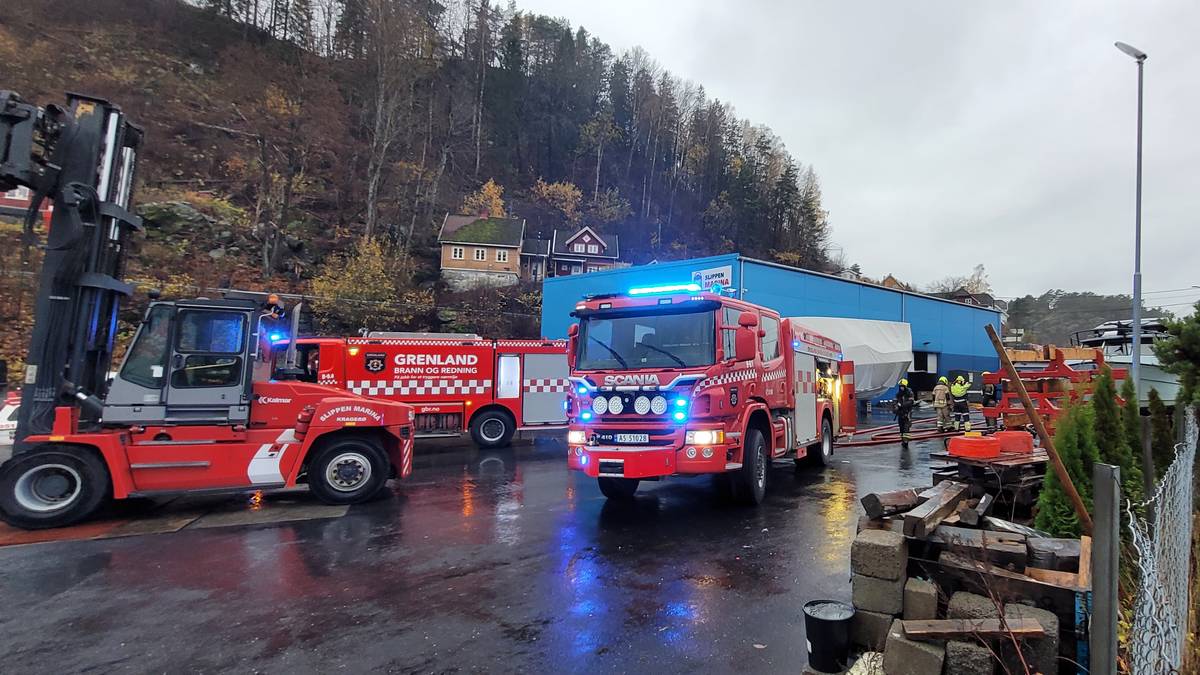Sleep is critical to maintaining physical and mental health, and over time, lack of sleep can affect every aspect of life, including long-term health, relationships, learning, and brain functions such as repair. The severe impact of sleep disruption on symptoms in patients with post-traumatic stress disorder (PTSD) is well documented.
According to a study recently published in the journal Frontiers in Behavioral Neuroscience, by researchers at the University of Arizona School of Medicine, patients with post-traumatic stress disorder were more likely to be less exposed to blue light therapy. sleep, symptom severity decreases, and treatment becomes more effective.
It is understood that those seeking treatment to relieve the symptoms of PTSD often face a vicious cycle in which sleep deprivation can interfere with the effectiveness of the treatment, hampering any symptom relief, which in turn can lead to sleep disturbances. To reduce and eliminate the emotional impact of traumatic memories, patients need high-quality sleep to integrate the healing mechanisms achieved through related psychotherapy.
Dr. William Killgore, professor of psychiatry and director of the Laboratory of Cognitive and Affective Neuroscience (SCAN) at the University of Arizona, and a research team conducted a comprehensive evaluation of patients with post-traumatic stress disorder with clinical symptoms. Significant, with the aim of identifying treatments for daily morning blue light exposure, helps improve sleep and post-traumatic stress disorder symptoms and maintain learned “fear extinction memory,” an indicator of trauma treatment.
Blue light therapy offers hope for a large number of PTSD sufferers
Study subjects were exposed to light for 30 minutes every morning for 6 weeks, half using blue light and half using amber light, during which the researchers analyzed changes in the neurobiological autonomic nervous system and behavioral outcomes.
It was found that the 43 patients who received blue light treatment not only experienced a significant improvement in the severity of PTSD, but also improved sleep quality and showed greater retention of extinction memories. of fear. In contrast, the 39 patients treated with amber light did not show the same memory retention as the extinction of fear, but instead observed a return to the memory of the original fear.
Dr. Killgore noted that this study is unique and exciting because it presents an easy-to-use approach that could help PTSD patients maintain the benefits of treatment over a long period of time. He said daytime blue light treatment improved sleep problems, symptom severity, and retention of fear-extinguishing memories of PTSD. Taking advantage of this relatively simple, inexpensive, and non-drug treatment can hold promise for a large number of PTSD patients.
Dr. Jordan Karp, professor and chair of the psychiatry department at the University of Arizona School of Medicine, pointed out that these data provide assurance that this non-drug intervention could be a promising, life-changing and life-saving approach for people. with PTSD.
Text / Sun Luoxuan, Photo / Yang Shaochu
Further reading
Can you heal wounds while you sleep? Psychologists develop a new technique to weaken certain memories
Reliable Drug Eradication of Traumatic Memories Study: Anti-inflammatory Drug “Hydrocortisone” Has Potential to Alter Painful Memories
Does childhood traumatic experience make depression more difficult? Study: Even people with childhood trauma may benefit from aggressive treatment


